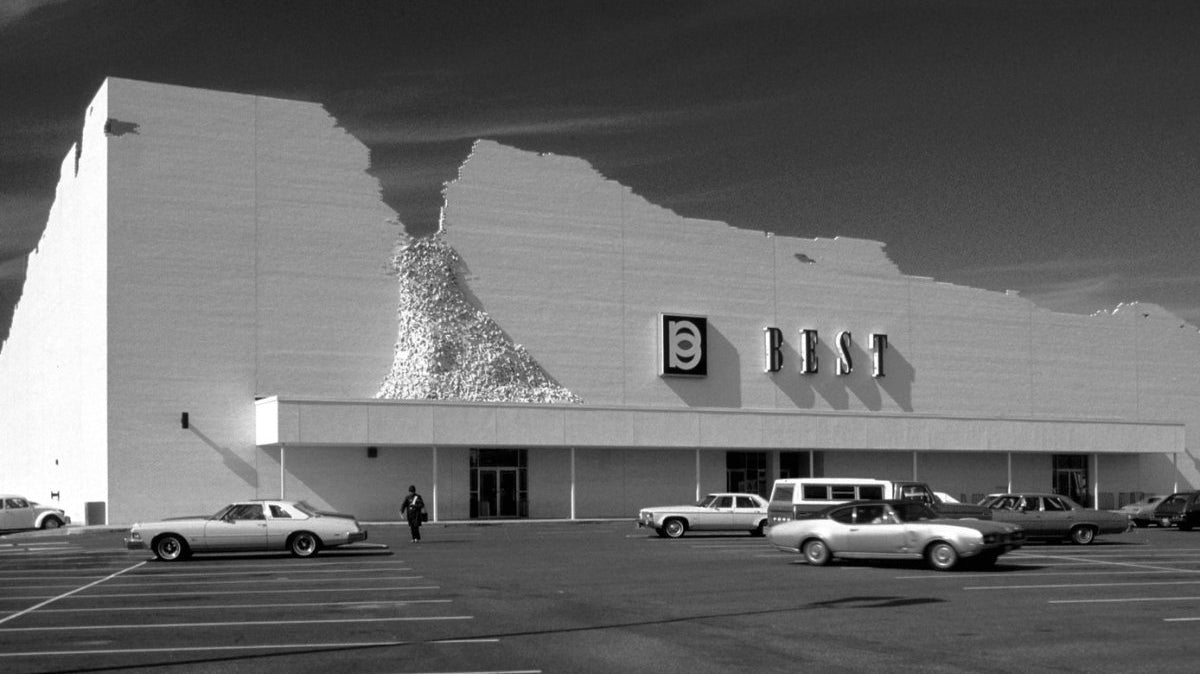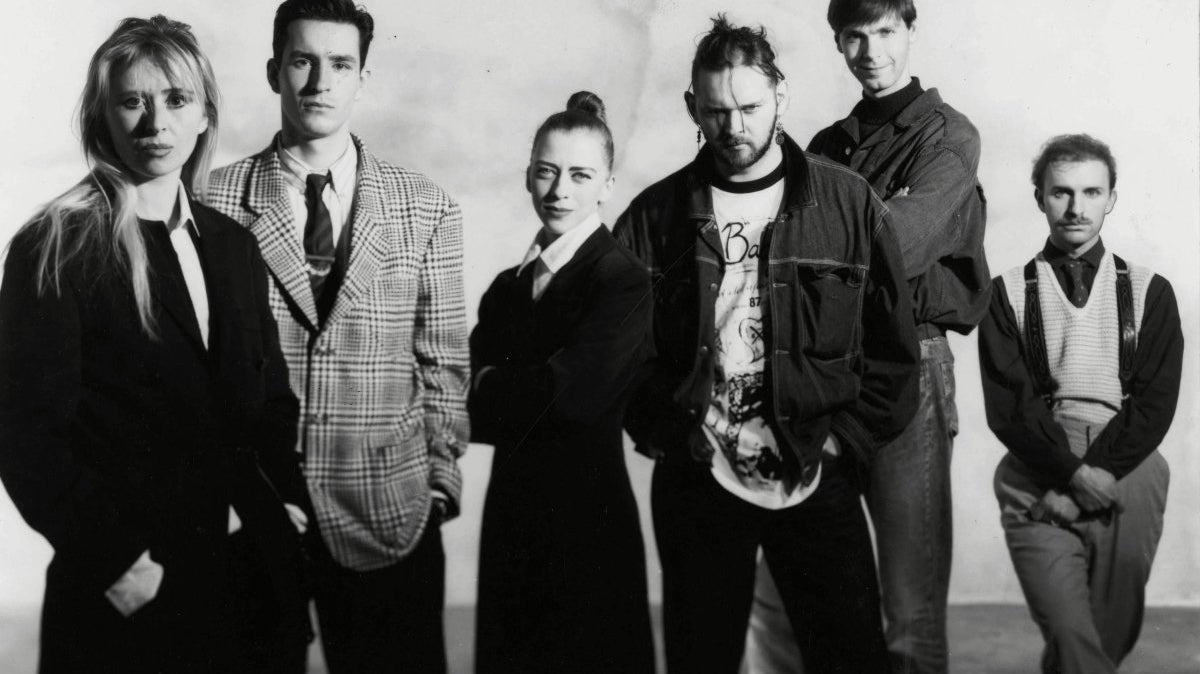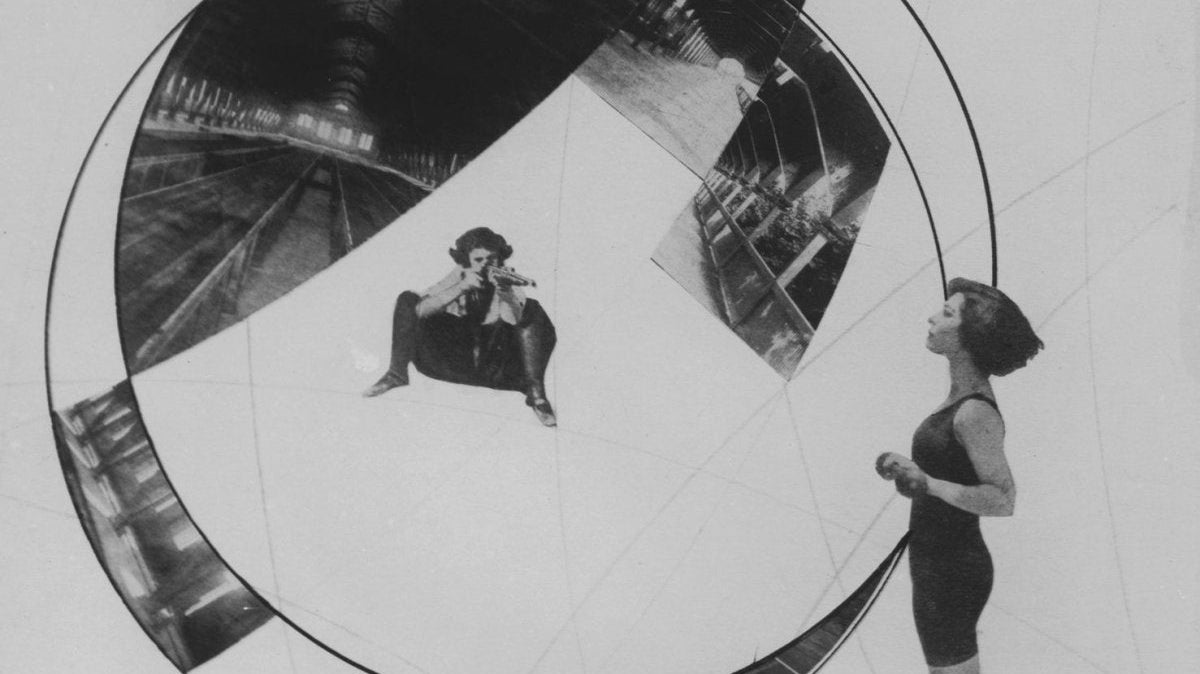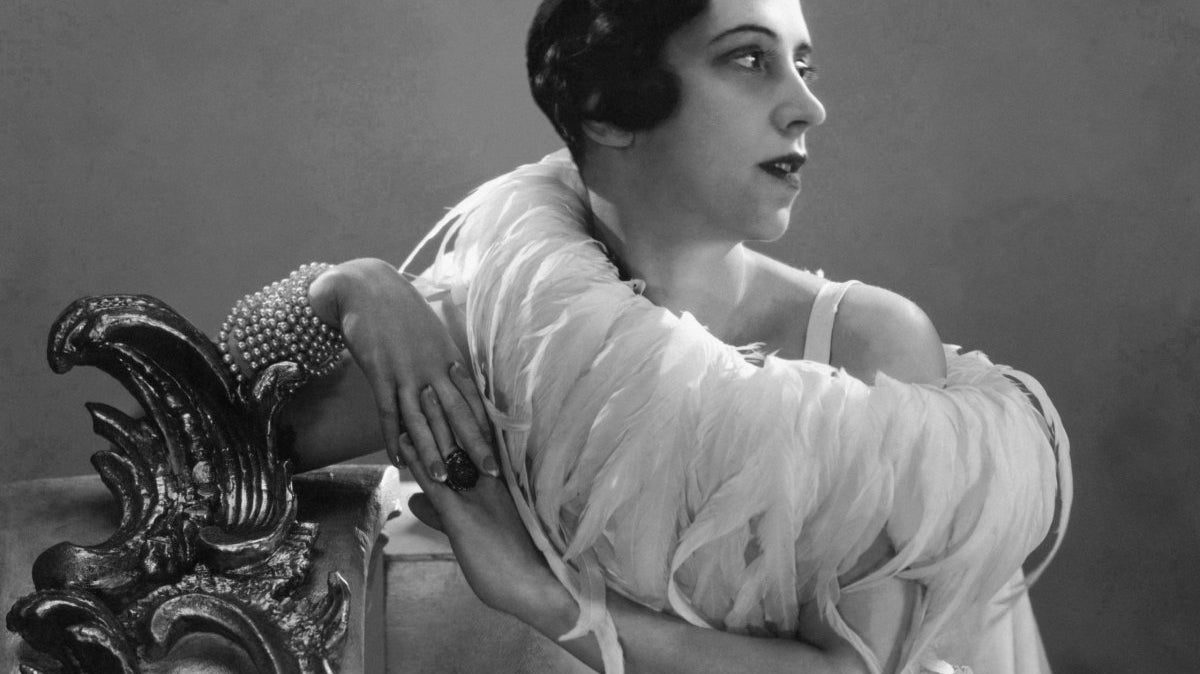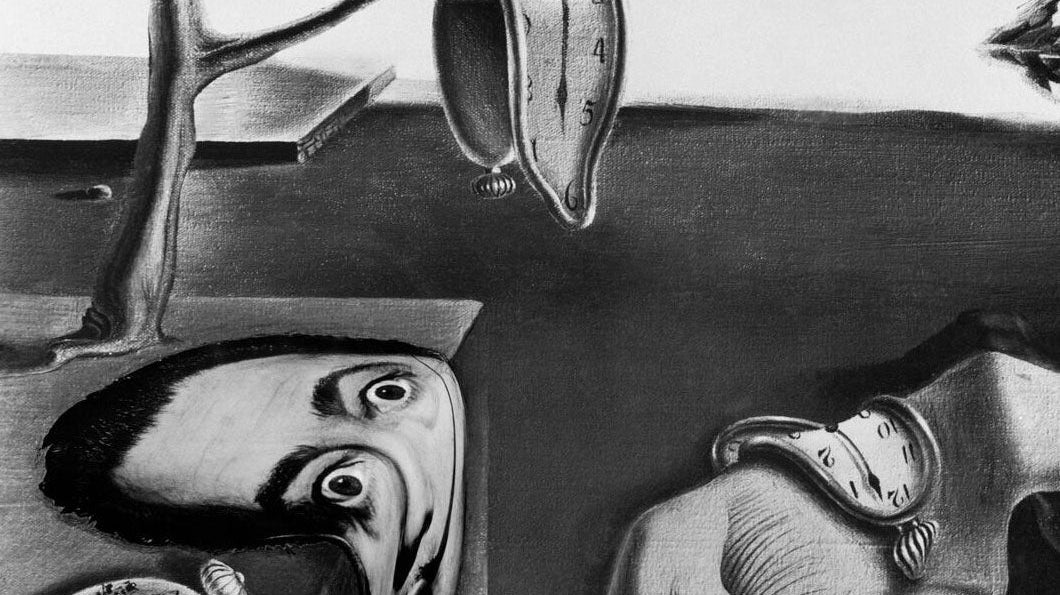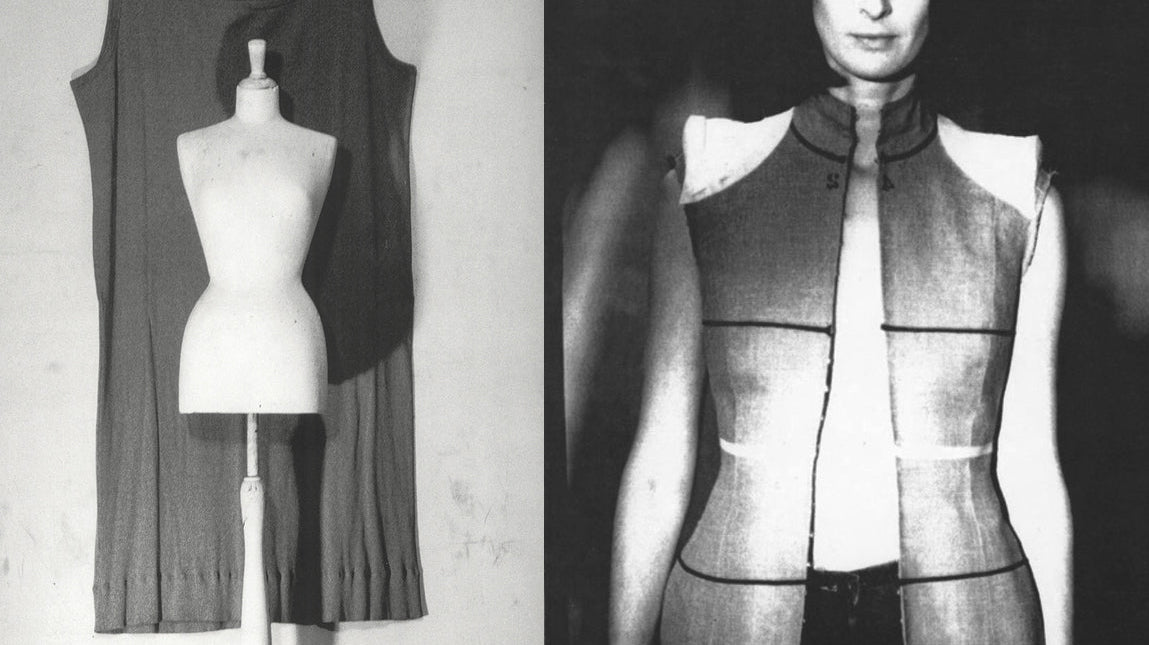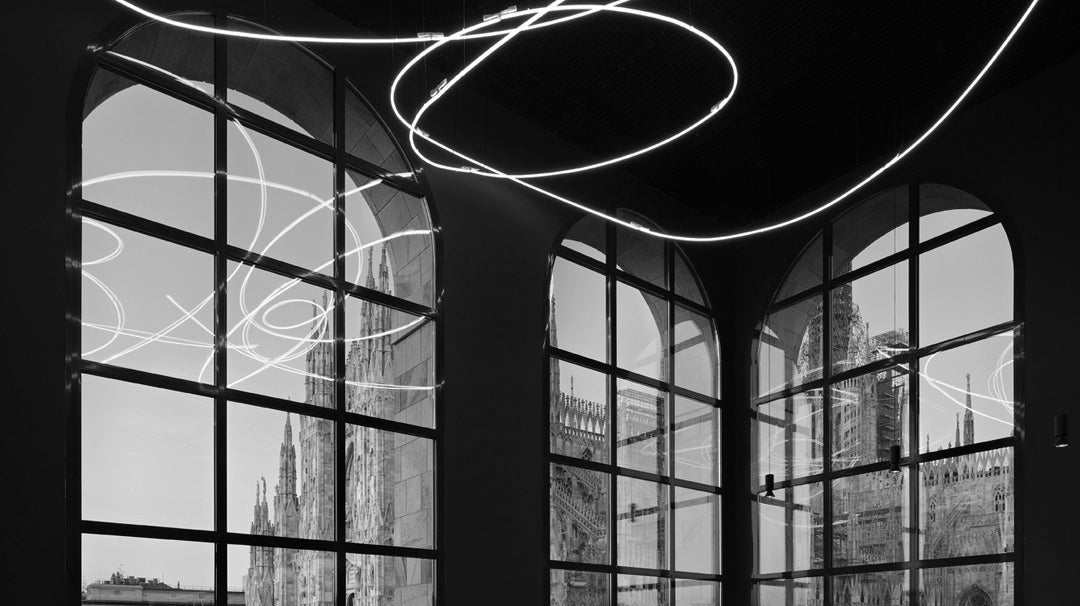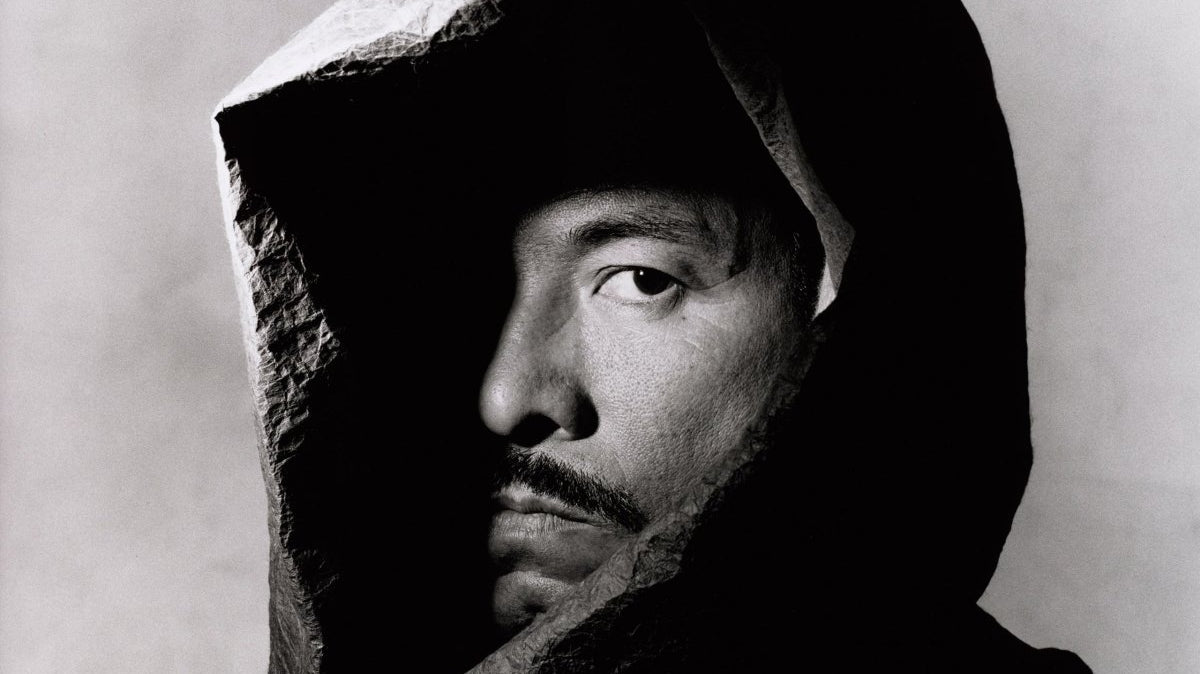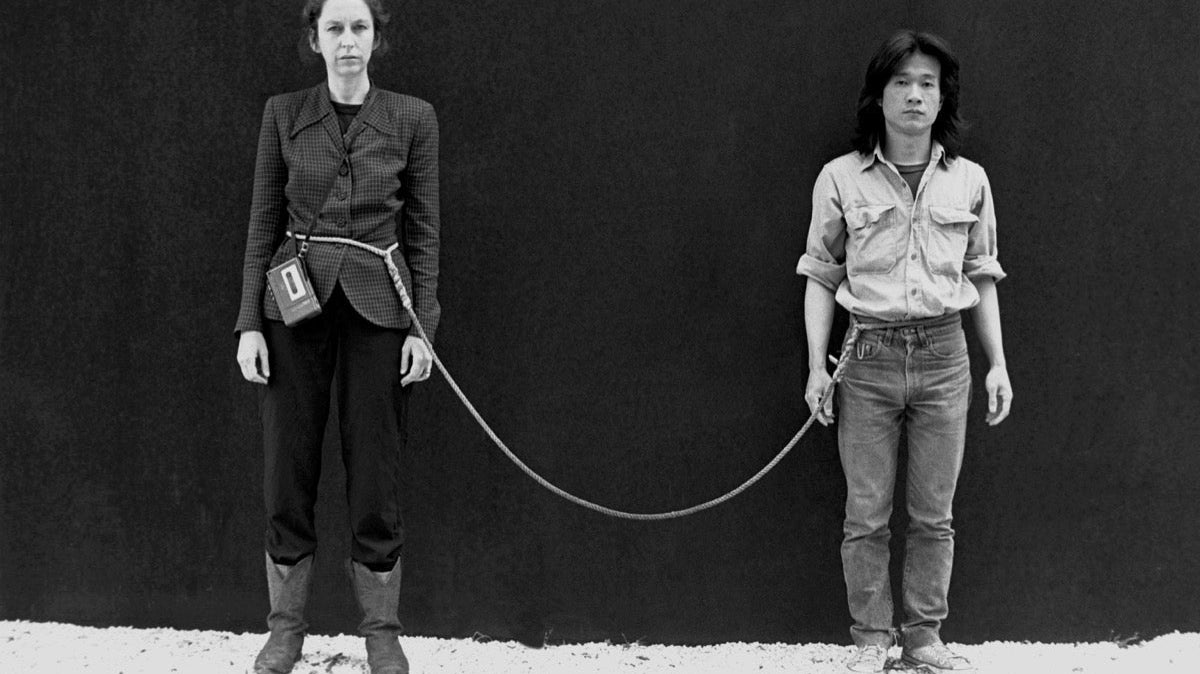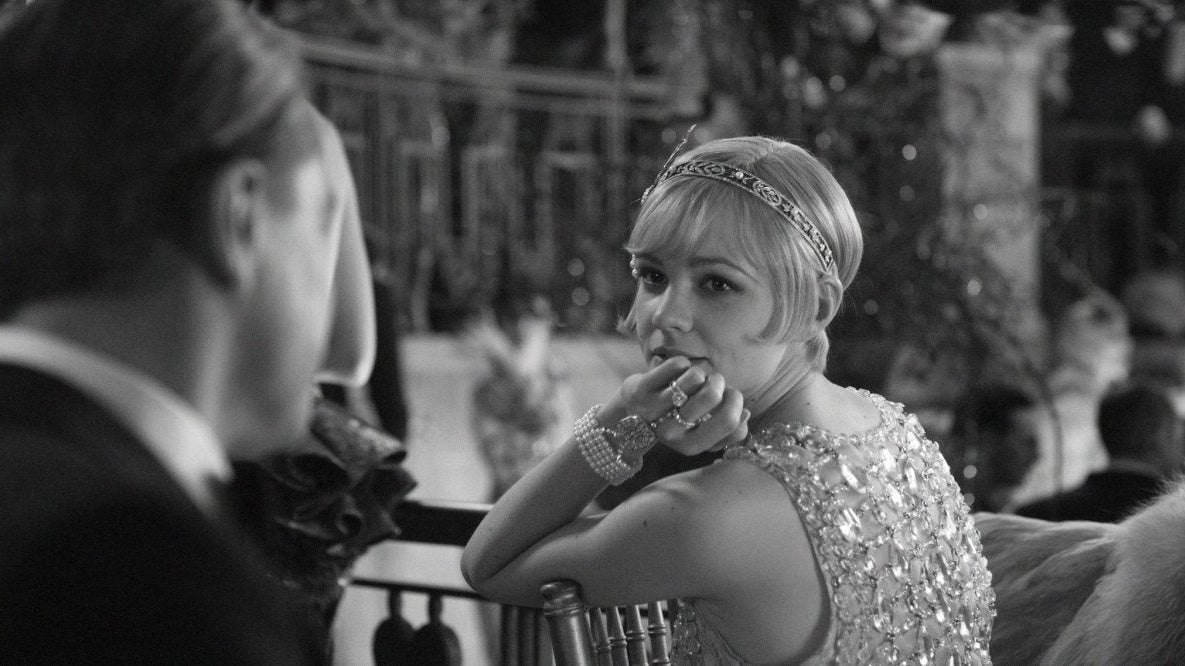Journal
Postmodern Architecture: Definition, Characteristics and Examples
Have you ever heard of "Less is a Bore"? This design philosophy perfectly encapsulates the essence of postmodern architecture, characterized by its embrace of eclectic, colorful styles, and an expressive approach to design.
Meet the Antwerp 6+1: Trailblazers of Belgian Fashion in the 1980s
In 1980, Antwerp became a pivotal birthplace for a fashion revolution, all thanks to the Antwerp Six. But who are they, and what did they do to make such a big impact?
Fluxus Art Movement: Definition, Artists and Examples
Fluxus, an avant-garde movement from the 1960s, stands out for blending diverse artistic mediums and mixing art with everyday life.
What is Montage in Art? Definition, Photomontage, and Key Artists
Montage comes from the French word for "assembly" or "editing." Although often linked to film, it is also an important technique in visual art, photography, and design.
Elsa Schiaparelli: Where Surrealism Art Meets Haute Couture
Elsa Schiaparelli is an Italian fashion designer who played a significant role in haute couture, characterized by a blend of surrealism, avant-garde elements, and a sense of humor.
What Is Surrealism? The Art Movement That Turned Dreams into Reality
Surrealism is an influential movement in modern art and literature that uses dreamlike imagery to challenge logic and reveal the hidden world of the unconscious.
Deconstruction in Fashion: Definition, Characteristics, and Designers
Deconstruction fashion, a style born in the late 1980s and early 1990s, features intentionally unfinished looks with raw edges, exposed seams, asymmetry, and distressed textiles.
Milan Museum Guide: 6 Must-See Art Destinations
Planning a trip to Milan or still figuring out your itinerary? This article serves as your guide to the must-see museums in the city. Explore our recommendations and be sure to save them for your trip planning.
Issey Miyake: 8 Things You Should Know About the Japanese Fashion Legend
Issey Miyake is a Japanese fashion designer who laid the foundation in Paris for avant-garde designers worldwide. His name became a global byword for cutting-edge fashion in the 1980s.
What is Performance Art? Definition, History, and Key Examples
The most common way of thinking about art is often associated with traditional mediums such as painting and sculpture. However, performance art has the ability to transcend conventional perceptions of what art entails.
What is Art Deco? The Roaring Twenties Style Explained
Art Deco emerged in the 1920s, blending decorative arts and architecture. Influenced by many cultures, it shaped fashion, design, film, and jewelry worldwide.
Brutalist Architecture: Origins, Characteristics, and Examples
Brutalist Architecture, which emerged as one of the most controversial styles lasting from the 1950s to the 1970s, is defined by its raw, unpainted concrete or brick, geometric shapes, and a focus on functionality. Some people even criticize it as the ugliest architectural movement.

